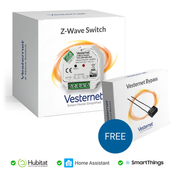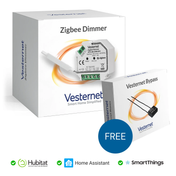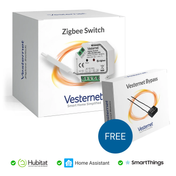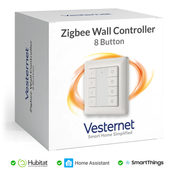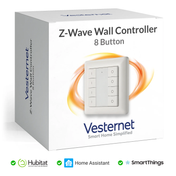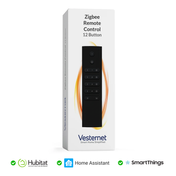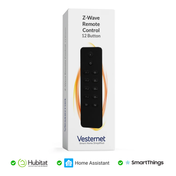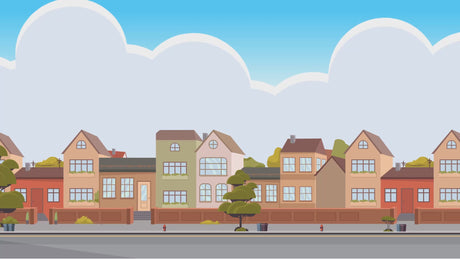In recent years, smart locks have gained popularity as a convenient and secure way to protect our homes. With advanced security features and seamless integration with existing security systems, they offer a compelling alternative to traditional locks. But how secure are smart locks in 2023? Are they safe? Let’s explore the various security features, comparisons to traditional locks, and future developments in smart lock technology.
Key Takeaways
- Smart locks offer improved security features, keyless entry, increased resistance to lock picking and fewer vulnerabilities compared to traditional locks.
- Understanding smart lock security involves encryption for secure data transmission, two-factor authentication for added protection against unauthorized access and access control management.
- The future of smart lock security looks promising, with the potential offered by biometric authentication, artificial intelligence & blockchain technology enhancing its convenience & reliability.
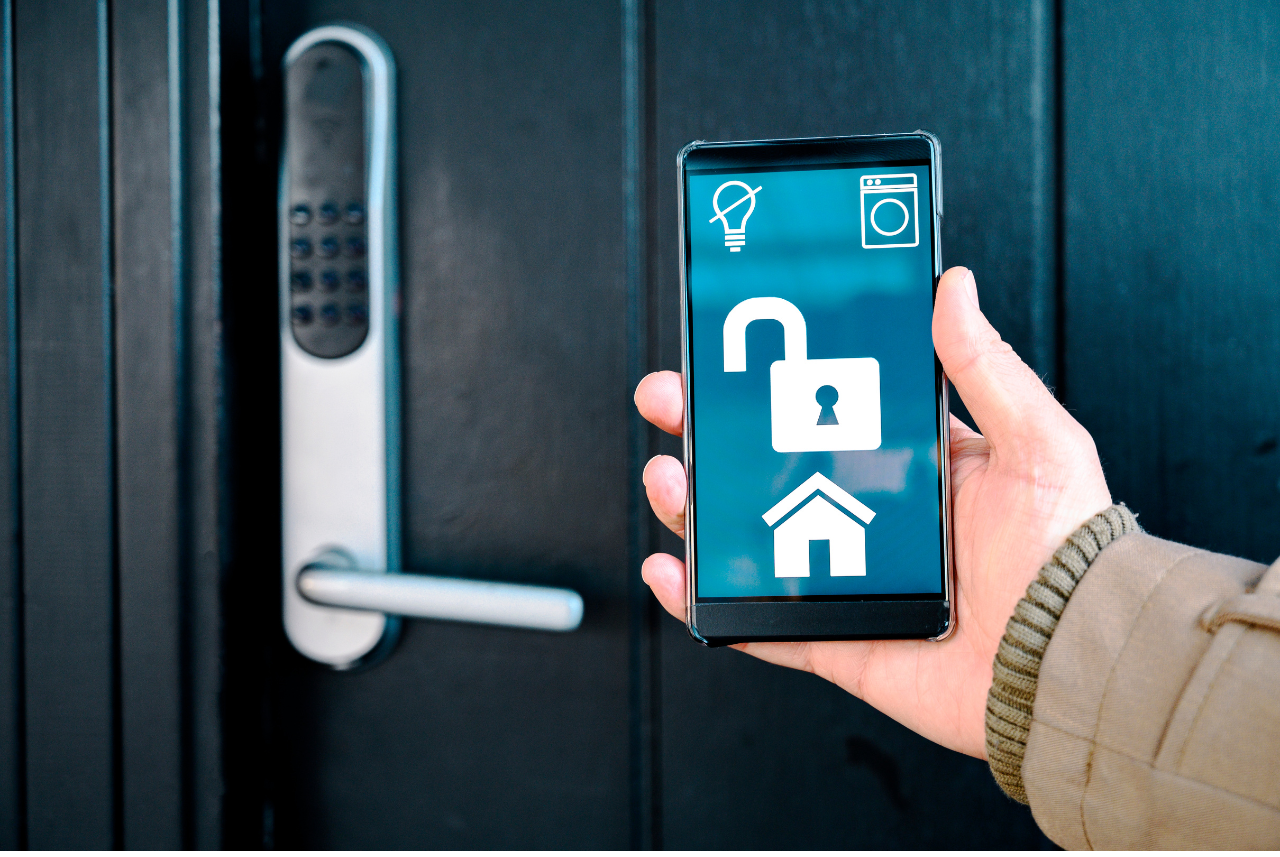
Understanding Smart Lock Security
Smart lock security features are designed to protect against unauthorized access. Encryption ensures that data transmitted between the lock and the user’s device is secure, while two-factor authentication adds an extra layer of security.
Access control allows users to manage who can access the lock and when, providing greater control over home security.
Encryption
Encryption is a vital feature in smart locks, as it ensures that the data transmitted between the lock and the user’s device remains secure and unreadable by others. This prevents unauthorized access, keeping your home safe and secure.
With encryption in place, you can trust that your smart lock is safeguarding your home.
Two-Factor Authentication
Two-factor authentication is another essential security feature in smart locks. It adds an extra layer of security by requiring a second form of verification, such as a fingerprint or a code sent to the user’s phone. This makes it much more difficult for an intruder to gain unauthorized access, ensuring your home is well-protected.
Smart locks with two-factor authentication are becoming increasingly popular, as they provide an extra layer of security.
Access Control
Access control is a crucial component of smart lock security. It allows users to:
-
Manage who can access the lock and when
-
Provide greater control over home security
-
Grant temporary access to visitors, service providers, or family members
-
Maintain the integrity of your home’s security
With access control, you can easily control who has access to your home and when. You.
Comparing Smart Locks and Traditional Locks
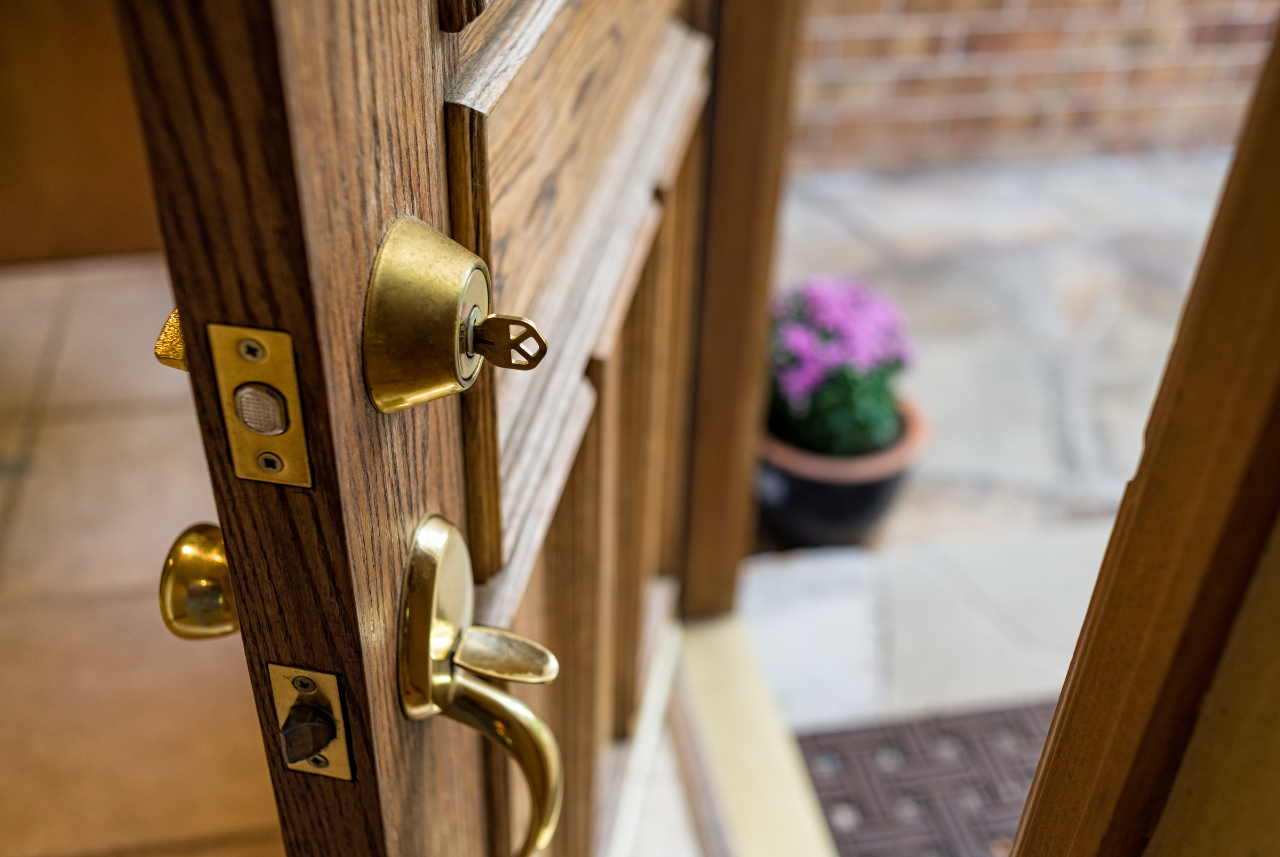
When comparing smart locks and traditional door locks, key differences emerge in keyless entry, lock picking resistance, and vulnerabilities. Smart locks offer several advantages over traditional locks, including the elimination of physical keys and improved resistance to lock picking techniques.
Let’s explore these differences in detail.
Keyless Entry
One major advantage of smart locks is keyless entry for your front door. This eliminates the need for a physical key, reducing the risk of lost or stolen keys, including spare keys, and providing a more convenient way to access your home.
With keyless entry, you can use your smartphone, a keypad, or even a card to unlock your door, making it easier and more secure than ever to enter your home.
Lock Picking Resistance
Smart locks are generally more resistant to lock picking techniques than traditional locks, making them more secure. This is due to the advanced technology used in smart locks, which makes it more difficult for intruders to bypass the locking mechanism of a traditional lock.
As a result, can smart door locks provide an added layer of security for your home, alongside traditional door locks and other smart locks, such as the smart door lock? With the use of smart door locks safe, homeowners can enjoy increased convenience and peace of mind, as smart locks work efficiently to protect their homes.
Vulnerabilities
Both smart locks and traditional locks have vulnerabilities, but smart locks offer additional security features to help mitigate risks. For example, encryption and two-factor authentication can minimize the risk of unauthorized access, while access control provides greater control over who can enter your home.
By choosing a smart lock with these features, you are taking steps to protect your home from potential threats.
Can Smart Locks Be Hacked?

Smart locks can be hacked, but the risks can be minimized through proper prevention measures and by choosing a reputable manufacturer. Hacking risks include unauthorized access and data breaches, but these risks can be managed with proper security measures such as strong passwords, two-factor authentication, and keeping software up to date.
By taking the necessary steps to secure your smart lock, you can ensure that your home is safe.
Hacking Risks
Hacking risks for smart locks include unauthorized access and data breaches. Unauthorized access can occur when an intruder is able to bypass the lock’s security measures, while data breaches can result in personal information being compromised.
However, by implementing proper security measures and choosing a reputable manufacturer, these risks can be minimized.
Preventing Hacks
Preventing hacks involves using strong passwords, enabling two-factor authentication, and keeping software up to date. A strong password should be unique and difficult to guess, while two-factor authentication adds an extra layer of security.
Regular software updates help to protect against new threats and ensure that your smart lock remains secure.
Manufacturer's Role
The manufacturer plays a crucial role in ensuring the security of smart locks by:
- Implementing strong security features
- Providing regular updates
- Developing and testing locks for vulnerabilities
- Offering clear instructions on proper installation and maintenance
A reputable manufacturer will prioritize these measures to ensure the security of their smart locks.
By choosing a reliable manufacturer, you can trust that your smart lock will provide the security you need.
Installation and Maintenance of Smart Locks
Proper installation and maintenance of smart locks are essential for optimal security and performance. This includes professional installation, regular updates, and monitoring battery life.
Ensuring that your smart lock is correctly installed and maintained will help to keep your home secure and provide peace of mind.
Professional Installation
Professional installation ensures that the smart lock is correctly installed and integrated with existing security systems. This guarantees that the lock is securely attached and properly connected, providing optimal security and functionality.
By choosing a professional installation, you can trust that your smart lock will be installed correctly and work seamlessly with your existing security system.
Regular Updates
Regular updates help keep the smart lock’s software secure and up to date, protecting against new threats. By staying up to date with the latest security patches and features, you can ensure that your smart lock remains secure and functional.
Regular updates are an important part of maintaining the security of your smart lock.
Battery Life
Monitoring and maintaining battery life is important to ensure the smart lock remains functional and secure. A smart lock with a dead battery can become non-functional, leaving your home vulnerable.
By regularly checking the battery level and replacing batteries when necessary, you can ensure that your smart lock remains operational and secure.
Integrating Smart Locks with Home Security Systems
Integrating smart locks with home security systems provides additional security benefits. This includes compatibility with existing systems, remote monitoring, and smart home integration.
By combining your smart lock with a comprehensive home security system, you can create a more secure and connected home.
Compatibility
Compatibility with existing security systems is important for seamless integration and functionality. When choosing a smart lock, it’s essential to ensure that it is compatible with your current security system. This will guarantee smooth integration and optimal performance, providing you with the best possible home security solution.
Compatibility is key when selecting a smart lock. It should be able to integrate seamlessly with your business.
Remote Monitoring
Remote monitoring allows users to:
- Keep an eye on their home security from anywhere
- Check the status of their smart lock
- Receive notifications of any unusual activity
- Lock or unlock their door from a distance
This provides peace of mind and convenience.
This added level of control helps to keep your home secure, no matter where you are.
Smart Home Integration
Smart home integration enables users to control and monitor their smart lock alongside other smart devices for a more connected and secure home. By integrating your smart lock with other smart devices, such as security cameras and sensors, you can create a comprehensive security system that works together to protect your home.
This level of integration provides a more convenient and secure home environment.
The Future of Smart Lock Security
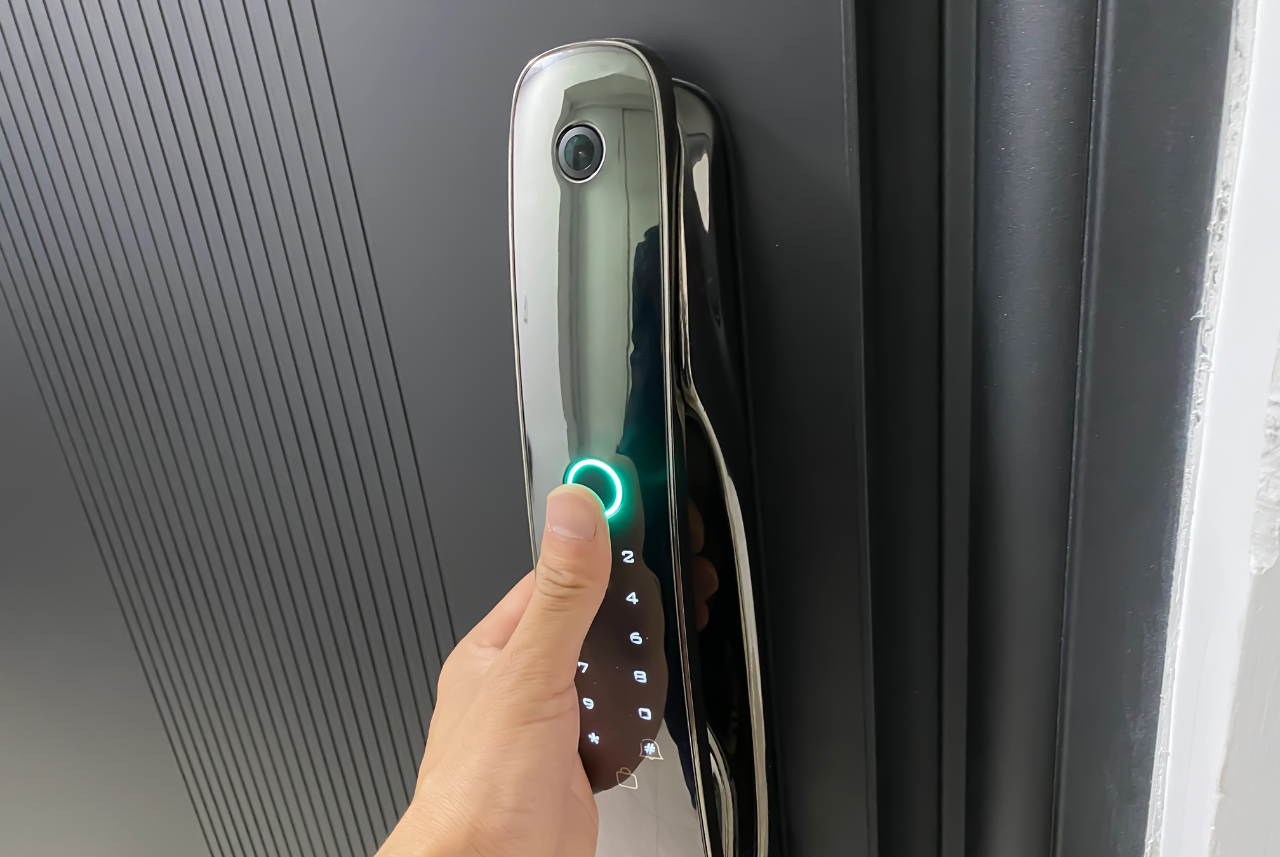
The future of smart lock security includes advancements in biometric authentication, artificial intelligence, and blockchain technology. These innovations have the potential to further enhance the security and convenience of smart locks, making them an even more attractive option for homeowners.
Let’s explore these advancements in more detail.
Biometric Authentication
Biometric authentication, such as fingerprint or facial recognition, provides a more secure and convenient method of access control. By using unique physical characteristics to verify identity, biometric authentication is more difficult to replicate than traditional methods like passwords or PINs.
However, it’s important to be aware of potential drawbacks, such as spoofing and data breaches, and to choose a smart lock with robust security features.
Artificial Intelligence
Artificial intelligence can help improve smart lock security by detecting unusual activity and alerting users to potential threats. By using machine learning algorithms to monitor the lock and identify potential security risks, AI can enhance the overall effectiveness of smart lock security.
As AI technology continues to advance, it’s likely to play an even greater role in smart lock security in the future.
Blockchain Technology
Blockchain technology has the potential to enhance smart lock security by providing a decentralized and tamper-proof record of access events. By utilizing a distributed ledger to securely store access logs, blockchain technology can help to:
- Identify and prevent unauthorized access attempts
- Improve transparency and accountability in access control systems
- Enable secure and efficient sharing of access credentials
- Facilitate auditing and compliance processes
Overall, blockchain technology offers a promising solution for enhancing the security and reliability of smart lock systems.
As blockchain technology continues to develop, it’s likely to play an increasingly important role in smart lock security.
Summary
In conclusion, smart locks in 2023 offer advanced security features and provide a compelling alternative to traditional locks. With keyless entry, improved lock picking resistance, and fewer vulnerabilities, smart locks have become an increasingly popular choice for home security. By staying informed about the latest advancements in smart lock technology, such as biometric authentication, artificial intelligence, and blockchain technology, you can ensure that your home is protected by the most secure and convenient locking system available.
Frequently Asked Questions
Can smart locks be hacked?
Smart locks can be hacked, as is the case with any other wireless technology. Different connection types such as Bluetooth, Wi-Fi, and Z-wave require specialized hacking devices, and there is plenty of information available online on how to do it.
That said, successfully hacking a smart lock is no easy feat.
Do smart locks deter burglars?
Smart locks can be an effective way to deter burglars, providing advanced security features and remote control capabilities for added home security.
These locks can be programmed to recognize specific fingerprints, allowing only authorized individuals to enter the home. They can also be set to automatically lock and unlock at certain times, providing an extra layer of security. Additionally, there are numerous reasons for it.
Are smart door locks more secure?
Smart locks are as secure as standard deadbolts due to their compatibility with them. They also provide increased safety and convenience, making them a great choice for many.
What are the disadvantages of smart locks?
Smart locks can be inconvenient as they require an additional task and rely on the functionality of a smartphone, making them unreliable if the phone is damaged or runs out of battery.
However, they can also be incredibly useful for those who want to keep their home secure. Smart locks can be programmed to recognize specific people, allowing only those with access to enter the home. They can also be set to automatically lock after a certain amount of time.
What are the benefits of integrating smart locks with home security systems?
Integrating smart locks with home security systems offers compatibility with existing systems, remote monitoring capabilities, and smart home integration for added security.


